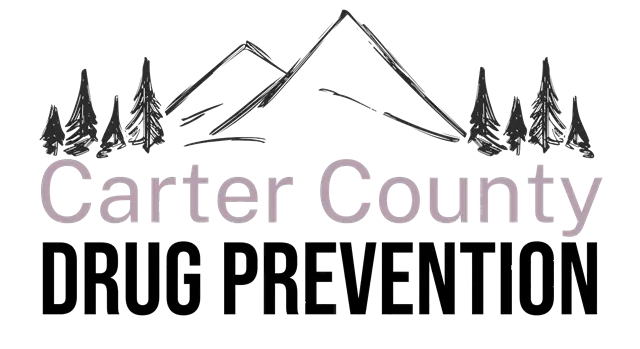
Adverse Childhood Experiences and Trauma
Building Strong Brains trainings are offered for individuals, companies, organizations and more. Trainings are facilitated by Nash Acuna, Tia Hughes and Ashlee Williams and are available upon request.
Building Strong Brains
Basics of ACEs/Using Trauma Informed Approaches/Fostering Resilience Train the Trainer w/ Becky Haas
Trauma Informed Care
What are Positive Childhood Experiences?
Positive Childhood Experiences (PCEs) stem from safe, stable, nurturing relationships and environments, and have the power to prevent or protect children from traumatic events, toxic stress, or Adverse Childhood Experiences (ACEs).
These positive experiences can happen both in and outside the home. Parents, caregivers, relatives, teachers, community members, and neighbors can create environments, experiences, and relationships that allow children to feel protected and cared for.
In recent years, the concepts of PCEs, as well as ACEs, have garnered significant public attention as more childhood development advocates began talking about the growing body of research linking childhood trauma to negative long-term health effects and positive childhood experiences.
The Impact of Positive Childhood Experiences
There is a growing body of research that states PCEs can be statistically linked to good emotional and mental health in adults.
Increasing positive childhood experiences builds resilience in kids who have experienced trauma, and those who may in the future. The relationship between PCEs in childhood and good mental health in adults is dose-responsive, meaning the more positive experiences that individuals had, the more likely they were to report few or no issues of adult mental health challenges.
There is a growing body of research that states PCEs can be statistically linked to good emotional and mental health in adults.
Increasing positive childhood experiences builds resilience in kids who have experienced trauma, and those who may in the future. The relationship between PCEs in childhood and good mental health in adults is dose-responsive, meaning the more positive experiences that individuals had, the more likely they were to report few or no issues of adult mental health challenges.
The more PCEs a child has, the more likely they are to be healthy and resilient.
Individuals with 3-5 positive childhood experiences had 50% lower odds of adulthood depression or poor mental health than those with 0-2, and individuals with 6-7 reported PCEs, the highest number of reported positive childhood experiences, had even lower odds of adulthood depression or poor mental health — 72% lower — when compared to those with the least number of reported PCEs.
